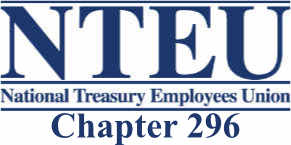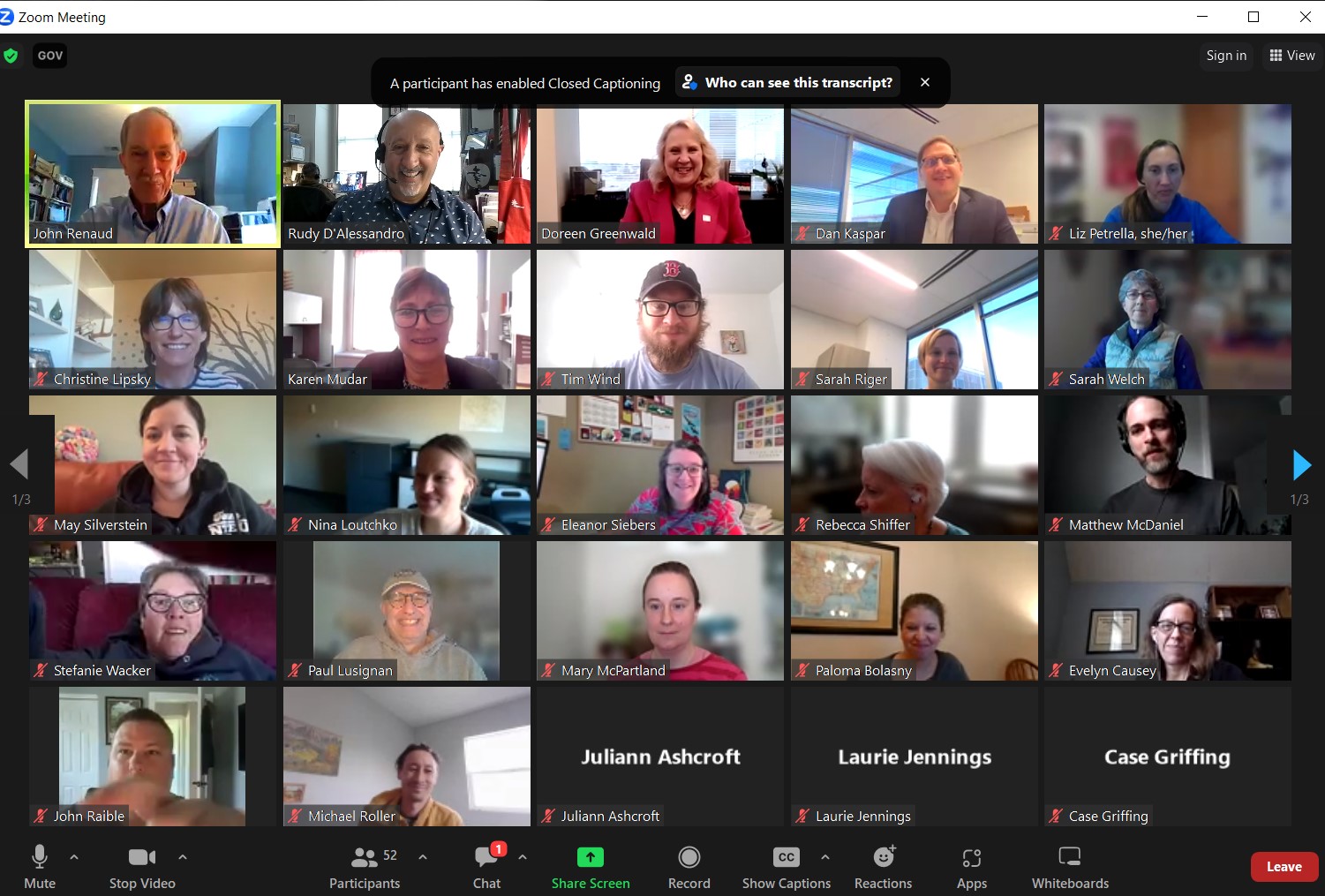|
Update on the Debt Ceiling
|
|
|
|
SUMMARY: The President and congressional leaders continue to negotiate an agreement to raise the debt limit and determine agency funding levels as the U.S. gets closer to the estimated default date of June 1. Yesterday congressional leaders met with President Biden to continue negotiations related to the debt limit and government funding. Treasury Secretary Janet Yellen reiterated on Monday that the U.S. could run out of money to pay its bills by June 1 if Congress does not raise or suspend the debt limit, leaving just two weeks for Congress to act. However, she cautioned that the actual date that the federal government could run out of cash could be a number of days or weeks later than these estimates. Regardless of the date, according to the Congressional Budget Office, a default would lead to distress in credit markets, disruptions in economic activity and rapid increases in borrowing rates for the Treasury. As you know, the U.S. has never defaulted on its debt obligations before so it is unclear how the government would operate if that should occur. Because typical spending outpaces the revenue the Treasury Department brings in on a given day, the federal government would only be able to pay 60% of its bills in a given month of a default scenario, according to a Bipartisan Policy Center estimate. Analysts have sketched out two possible outcomes during a default: the government would either delay payments until it collected enough revenue to cover them or prioritize some payments while allowing others to go unpaid. In either scenario, agency payments to beneficiaries, states, grantees, contractors and, potentially, their own employees, could be disrupted. It is possible that some federal workers could be furloughed or asked to continue working on the promise of back pay in the future. In an effort to prevent a default, House Democrats have filed a discharge petition that would allow them to circumvent regular House procedures in a relatively quick manner to force a vote on a clean debt limit increase bill. A discharge petition requires 218 votes to release a bill from committee and start the process for a vote in the full House, necessitating five Republicans sign the petition if all Democrats sign. This process is seen as a last-ditch effort if negotiations are not successful. Last month House Republicans passed H.R. 2811, which would temporarily increase the debt limit in exchange for capping FY 2024 funding to last year’s level, severely limiting future Yesterday the Office of Management and Budget (OMB) released a memo detailing how the House-passed bill would impact federal agencies and programs. While the legislation only gave top line budget numbers and did not detail which programs would be cut, the OMB memo noted that if House Republicans chose not to cut funding for the military, veterans, and homeland security, which some have claimed to be their intent, the legislation would result in a cut of at least 30 percent to all other areas. While it is critical that Congress act to suspend or raise the debt limit to prevent a default, NTEU strongly opposes tying the debt limit to caps to discretionary funding at insufficient levels in FY 2024 and future years, and rescinding billions in dedicated funding for the IRS under the IRA. Rest assured we will continue working with our allies in Congress to prevent these cuts and provide sufficient funding to all agencies so they can continue to serve the American people. For more information click here. |
|
| |




.jpg)
